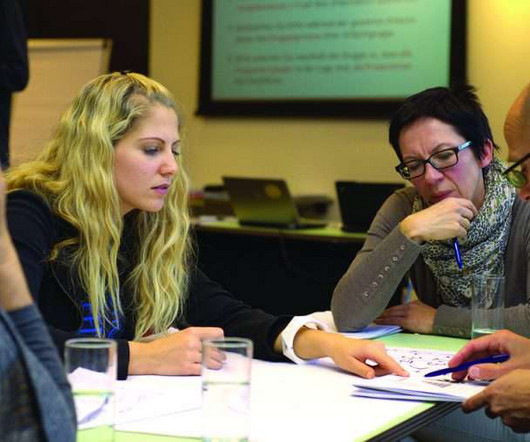Code highlighting: the lowlights
Academic Computing
NOVEMBER 30, 2018
Syntax highlighting is such a ubiquitous feature in program editors that we often give it very little thought. It’s even like an indicator of program code: you can tell something is code if it is in a fixed-width font and some of the words are consistently coloured. It’s clearly a popular feature but is it actually helpful? The latest paper on this (paywalled, alas) is by Hannebauer et al, which I found via Greg Wilson.

















Let's personalize your content